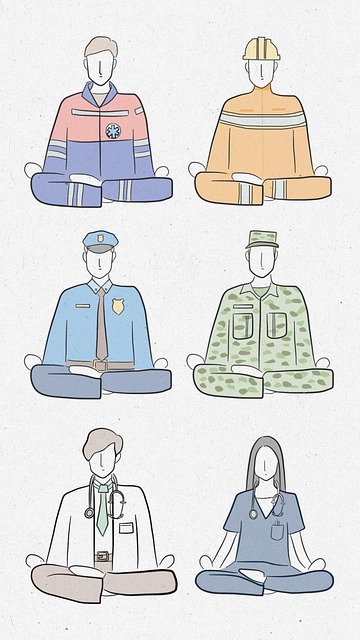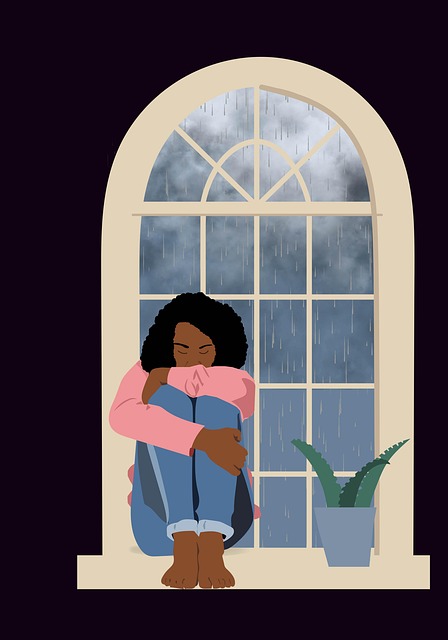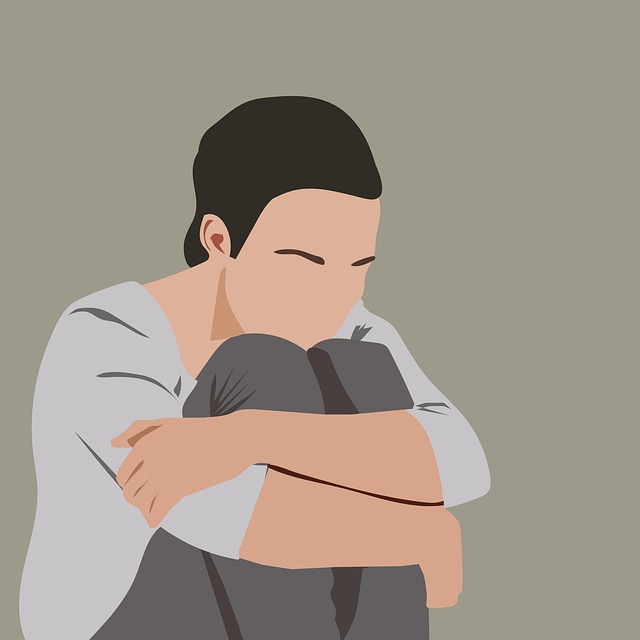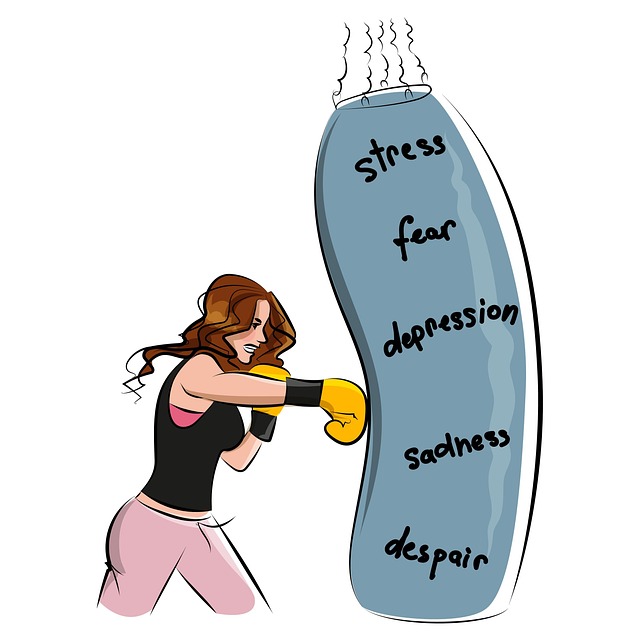Domestic violence exposes young children to severe stress, impacting their long-term mental health. Effective therapy addresses these issues through community outreach, self-awareness exercises, and specialized interventions like play therapy and cognitive behavioral therapy (CBT). Early education on stress management techniques, including mindfulness practices, empowers kids to build resilience and cope with adversity, shaping better mental health outcomes.
Stress management techniques teaching is a vital area of focus in modern education, especially with young children. This article delves into understanding the causes and impacts of stress on kids, highlighting the intricate link between domestic violence and childhood trauma. We explore therapeutic approaches, practical techniques like mindfulness and play therapy, and emphasize the long-term benefits of early stress management education, fostering resilience in young minds.
- Understanding Stress in Young Children: Causes and Impact
- The Connection Between Domestic Violence and Childhood Stress
- Therapeutic Approaches for Teaching Stress Management to Kids
- Practical Techniques: From Mindfulness to Play Therapy
- Building Resilience: Long-term Benefits of Early Stress Management Education
Understanding Stress in Young Children: Causes and Impact

Stress in young children is a growing concern, with various factors contributing to their emotional well-being. Domestic violence, for instance, can have profound effects on kids, creating a sense of insecurity and fear. This issue often manifests as stress, which, if left unaddressed, may lead to long-term mental health challenges. Young minds are susceptible to the impacts of trauma, especially when exposure is frequent and prolonged.
Understanding these causes is crucial for implementing effective therapy. Community outreach programs can play a vital role in educating parents and caregivers about healthy coping mechanisms. Self-awareness exercises and self-care practices are game-changers in helping children manage stress. These initiatives ensure that young individuals develop resilience, fostering an environment where they feel safe and supported.
The Connection Between Domestic Violence and Childhood Stress

The impact of domestic violence on children is profound and long-lasting, often leading to significant stress that can shape their future mental health. Young minds are particularly vulnerable to the trauma caused by violent environments, which can result in a range of emotional and behavioral issues. Therapy for young children exposed to domestic violence plays a crucial role in mitigating these effects and fostering resilience. Early intervention through specialized therapy can help break the cycle of stress and trauma, offering much-needed support to navigate their experiences and develop healthy coping mechanisms.
In addressing domestic violence, mental illness stigma reduction efforts are essential as many victims struggle silently due to societal shame. Crisis intervention guidance tailored for children can provide immediate relief and educate them on separating their actions from the abuse they witness or experience. By integrating mind over matter principles, therapy empowers young individuals to take control of their emotional well-being, enabling them to overcome adversity and build a more positive future despite their circumstances.
Therapeutic Approaches for Teaching Stress Management to Kids

Teaching stress management techniques to kids is a delicate process that requires tailored therapeutic approaches, especially when addressing issues like domestic violence. For young children exposed to trauma, play therapy and art therapy can be powerful tools. These non-verbal methods allow them to express their feelings and process difficult experiences in a safe, controlled environment. Through these therapies, mental health professionals can help kids identify and manage stress triggers, develop coping mechanisms, and build resilience.
In addition to creative therapies, cognitive behavioral therapy (CBT) is another effective strategy for teaching stress management skills to children. CBT helps young individuals challenge negative thought patterns and replace them with healthier, more adaptive ones. This approach focuses on the connection between thoughts, feelings, and behaviors, empowering kids to take charge of their emotional responses. By incorporating techniques like mindfulness and relaxation exercises into therapy sessions, mental health professionals can teach children valuable self-care routines that promote mood management and overall well-being, even in high-stress situations.
Practical Techniques: From Mindfulness to Play Therapy

Stress management techniques tailored for young children often focus on mindfulness and play therapy, making it an engaging process for kids to learn and adopt. Mindfulness practices, such as deep breathing exercises and guided meditation, help children become aware of their thoughts and emotions without judgment. These techniques enable them to recognize and manage stress responses, fostering a sense of calm and resilience. Play therapy, on the other hand, utilizes creative play to help children express and process their feelings. Through art, music, and dramatic play, therapists can facilitate conversations about challenging experiences, including domestic violence, which may contribute to a child’s stress.
By integrating these practical approaches into a comprehensive mental health education program, young individuals can develop essential coping strategies for navigating life’s stressors. Moreover, promoting self-care routines as part of this process supports better mental health outcomes and reduces the impact of stigma associated with mental illness. Encouraging open dialogue about domestic violence within these programs ensures that children have safe spaces to share their experiences and receive the necessary support.
Building Resilience: Long-term Benefits of Early Stress Management Education

Early education on stress management can profoundly impact a child’s future well-being. By teaching young minds techniques to cope with stress, we empower them to build resilience – a crucial asset for navigating life’s challenges. This proactive approach has long-term benefits, helping children avoid the pitfalls of burnout and mental health issues later in life, especially when facing difficult circumstances like domestic violence.
Such education fosters self-care routine development for better mental health, enabling kids to become aware of their emotional needs. Mindfulness meditation, a powerful tool within this framework, can help them stay grounded in stressful situations. This early exposure to stress management strategies not only prepares children for academic and professional pressures ahead but also equips them with the emotional resilience necessary to thrive even amidst adversity.
Stress management education is a powerful tool in empowering young children to navigate life’s challenges. By understanding and addressing stress early, we can prevent long-lasting negative impacts, especially for those who have experienced domestic violence. Therapeutic approaches, combined with practical techniques like mindfulness and play therapy, offer comprehensive solutions. This holistic approach fosters resilience, enabling children to cope effectively and thrive in their future endeavors. Implementing these strategies ensures a brighter, less stressful future for our young ones, offering a promising path forward.









